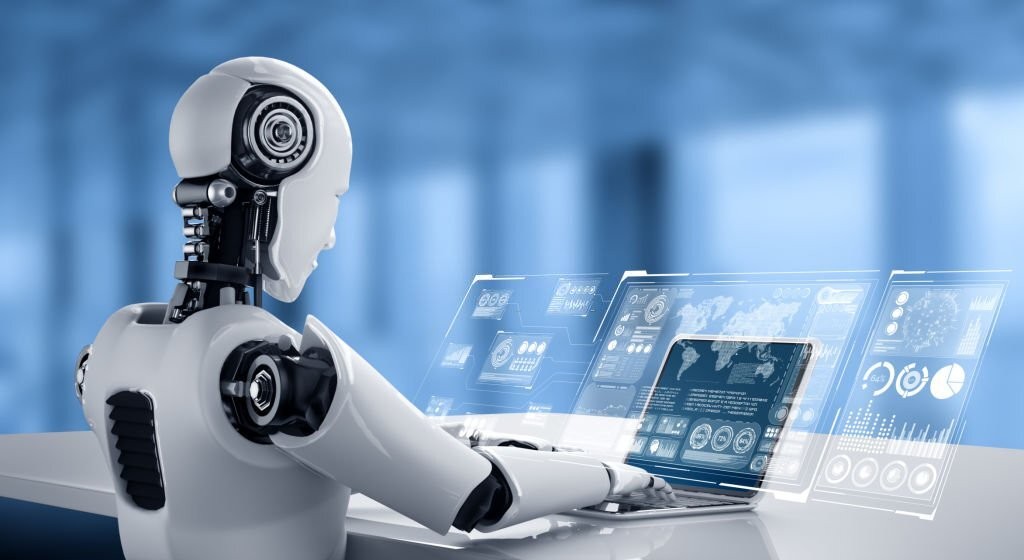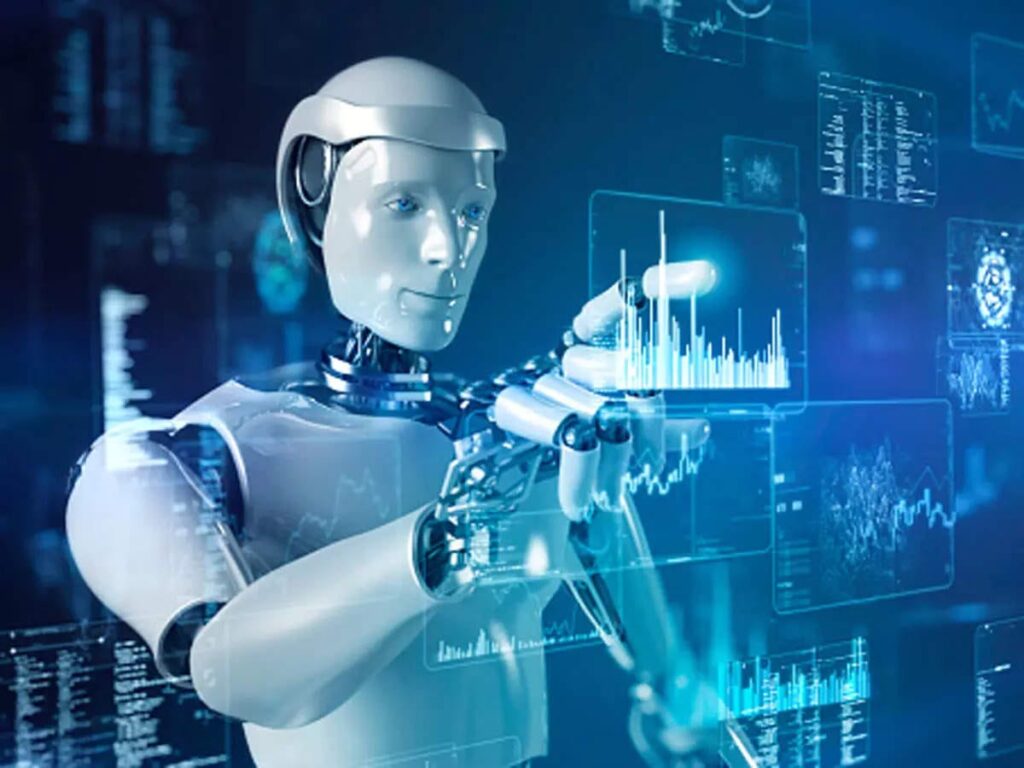Artificial intelligence fascinates as much as it raises questions, gradually insinuating itself into all aspects of daily life. But what do we know about the mechanisms that drive these advanced technologies? This article invites us to lift the veil on the mysteries of artificial intelligence, explore its foundations, and understand its impact on the future. Dive into the depths of this digital revolution and discover the issues hidden behind the algorithms.

The theoretical foundations of AI
Artificial intelligence, a constantly evolving field, is based on solid theoretical foundations, including machine learning and computational logic. These two pillars allow machines to analyze, learn, and make decisions based on the data provided. Deep learning, a specific branch of machine learning, is inspired by the functioning of the human brain and uses structures called neural networks to process information in depth. These neural networks are capable of identifying complex patterns in enormous volumes of data thanks to algorithms that adjust their parameters as the machine gains “experience. Data processing, which cleans, organizes, and interprets data, is an essential preliminary step to modeling, which consists of creating mathematical representations of the phenomena being studied. Together, these concepts form the foundation upon which all artificial intelligence is based, transforming raw data into concrete knowledge and actions.
The evolution of artificial intelligence
The history of AI is marked by remarkable technological advances that have transformed the way we perceive and interact with technology. As early as the second half of the 20th century, pioneers of artificial intelligence laid the theoretical foundations for what would become a fascinating field of research. Over the decades, the cognitive capabilities of AI systems have been pushed ever further, thanks in part to automation and continued innovation in information processing methods. A decisive step was the development of artificial neural networks inspired by the functioning of the human brain to allow machines to learn and make decisions autonomously. This approach paved the way for major advances in fields as diverse as voice recognition, computer vision, and even strategic gaming, where AI has now surpassed human performance. From programmable logic controllers to deep learning algorithms, the journey has been impressive.
If artificial intelligence is now designing works of art or piloting autonomous vehicles, it is thanks to this accumulation of progressive improvements. The history of AI continues to be written before our eyes, marking each new stage with ever more surprising innovations and ever greater challenges to overcome. By examining this rich past, the reader can better understand the impact of AI on our daily lives and its potential for the future.
Concrete applications of AI
Applied artificial intelligence is radically transforming our daily lives and various business sectors, offering numerous practical possibilities and significant benefits. In healthcare, AI can analyze vast amounts of medical data to aid in the early diagnosis of diseases, thus optimizing treatment plans. In finance, it contributes to fraud detection and risk management, thanks to its ability to analyze large volumes of transactions in real time. Voice recognition, meanwhile, makes our interaction with technology more natural and intuitive, whether when using smartphones or in home automation. Self-driving cars are another prime example of artificial intelligence in action. They promise to significantly reduce road accidents by making fast and accurate decisions. Finally, personalization is one of AI’s major strengths, making it possible to recommend content tailored to user preferences, whether in e-commerce or streaming services. The impact of AI is undeniable and continues to shape a future where technology and humans coexist in an increasingly integrated manner.
Ethical and societal challenges
The rapid development of artificial intelligence raises a multitude of ethical questions and poses considerable societal challenges. Privacy protection is at the heart of the debate, with AI capable of collecting and analyzing enormous amounts of personal data. Transparency is therefore essential to establish a climate of trust between users and designers of intelligent systems. The social impact of AI is also significant, particularly on employment, where automation can lead to a reduction in jobs, forcing society to rethink its economic organization and professional training.
Safety is another major concern, as AI is now intervening in sensitive areas such as healthcare and critical infrastructure. Algorithmic bias also poses a significant risk, potentially leading to unintentional discrimination in decision-making processes. This issue underscores the need for rigorous AI ethics to ensure that machines reflect fair and equitable values. It is imperative to clearly define responsibility for decisions made by AIs so that the consequences of their actions can be attributed and accepted. These issues must be further considered to raise awareness of the implications of AI, which extend far beyond technology.
The future of artificial intelligence
The future of AI promises to be a period of unprecedented innovation, where emerging technologies will shape the contours of our daily lives in unprecedented ways. Generalized artificial intelligence, capable of performing multiple tasks with near-human understanding and autonomy, could become a concrete reality. This prospect paves the way for even more advanced human-machine synergy, where collaboration between human intellect and algorithmic efficiency could multiply the capabilities of both parties.
As for the societal integration of AI, it could intensify, making these technologies indispensable in various fields, such as medicine with increasingly precise diagnoses, personalized education, or even urban infrastructure management with smart cities entirely adapted to the needs of their inhabitants. The frontiers of AI, currently perceived as distant, will be pushed back, breaking down the barriers between science fiction and reality. The impact of these developments on society could be significant, raising ethical questions and regulatory challenges. The coexistence of humans and advanced artificial intelligence systems could require careful consideration of individual rights and responsibilities, as well as job preservation and the adaptation of professional skills. By anticipating these changes, we can imagine a future where the limits of what is possible are constantly being redefined, inviting us to view AI not as a threat but as a potential partner in our evolution.



